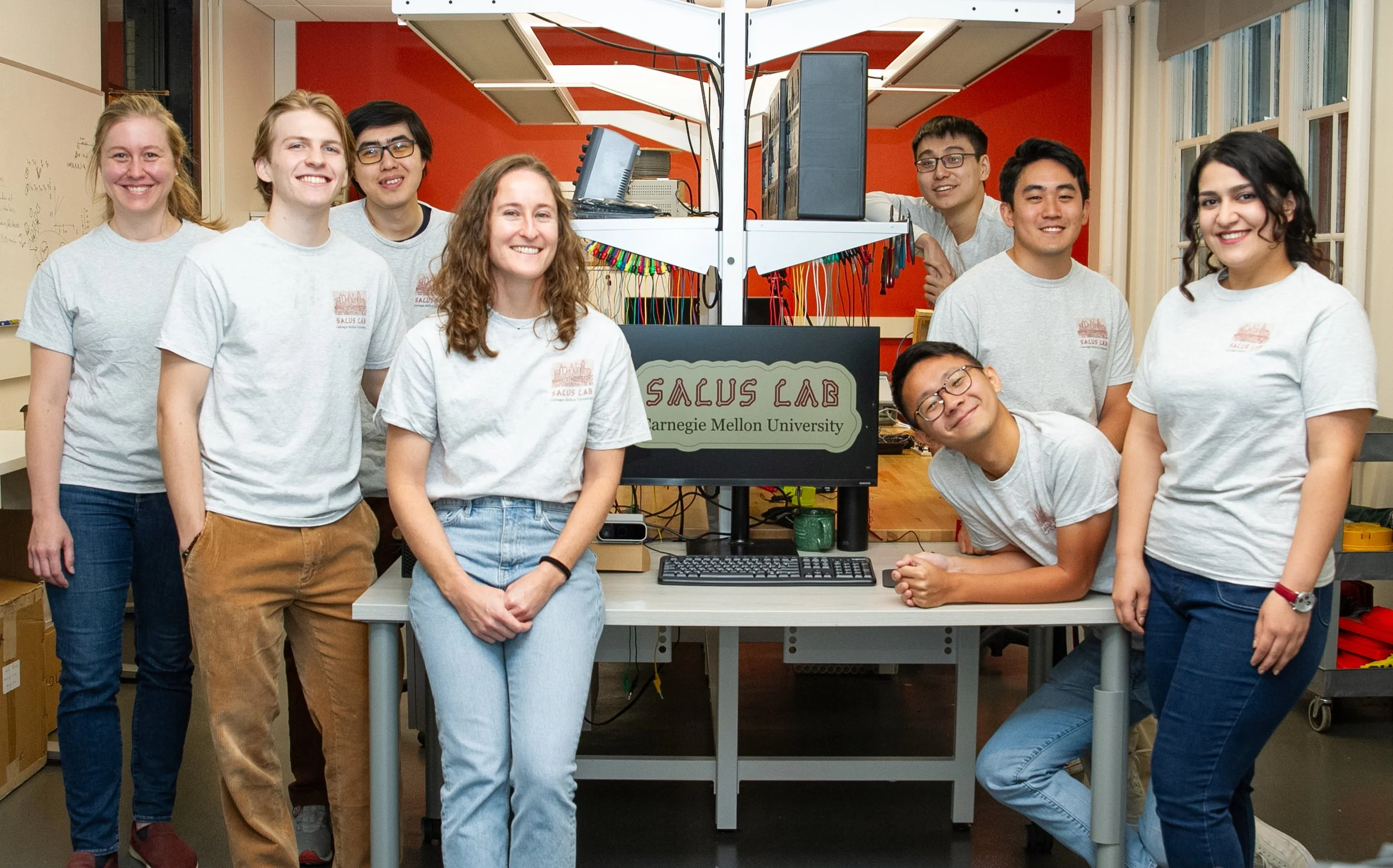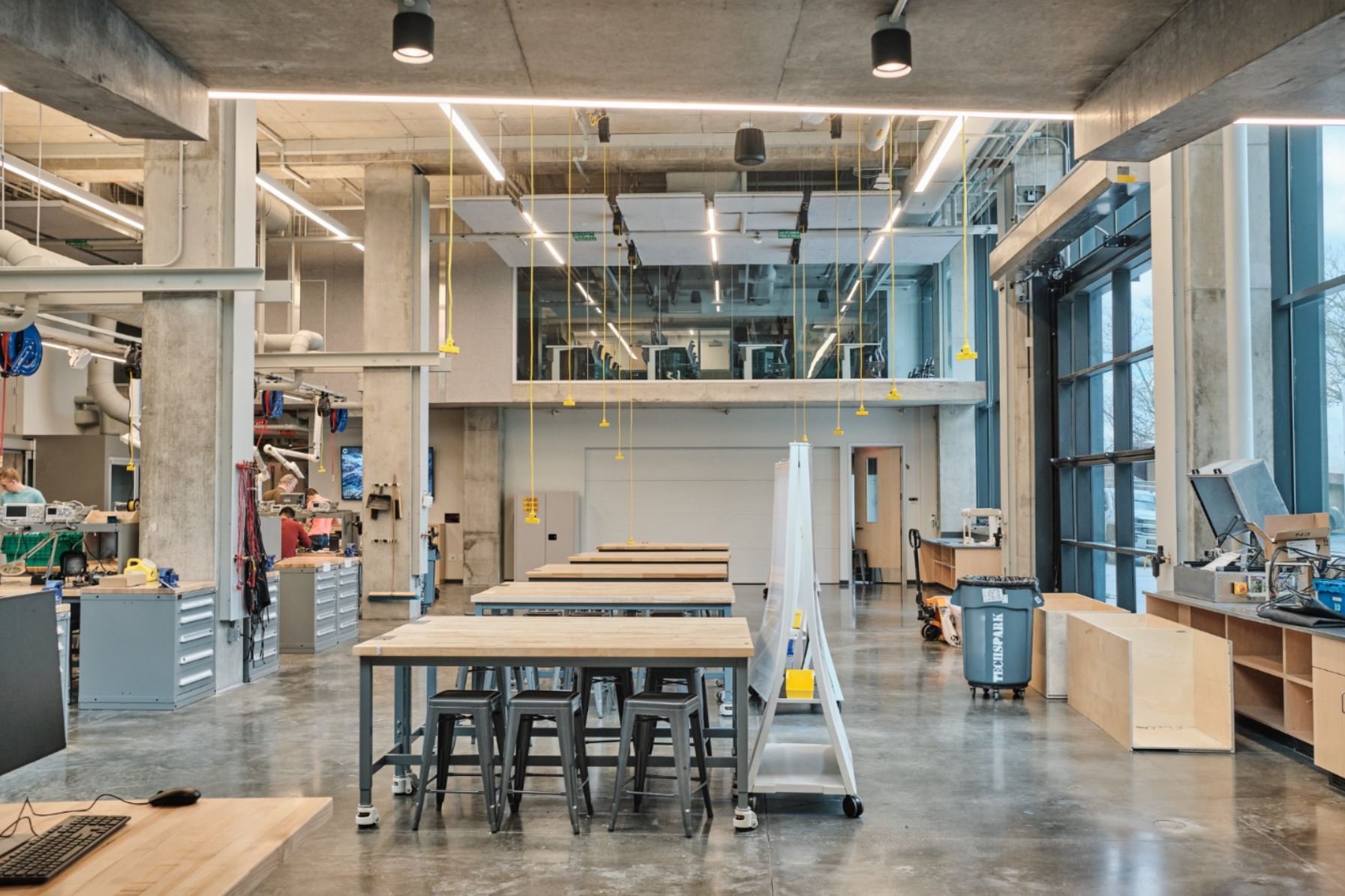The Flanigan SALUS Lab is a research group at Carnegie Mellon University.

Named after Salus, protector of public safety and well-being, the Sustainable and Livable Urban Systems (SALUS) Laboratory studies how the built and natural environments shape the human experience. We develop innovative technologies and systems theory aimed at discovering and exploiting previously unstudied human-centered benefits from infrastructure systems.
About the SALUS Laboratory
Our team’s work draws upon tools and technologies from across disciplines such as civil engineering, electrical engineering, and computer science to transform traditional civil infrastructure and urban systems into more “intelligent” and adaptable cyber-physical systems (CPSs). We focus on integrating sensing, computing, and actuation technologies/methodologies to improve the performance, resilience, accessibility, and sustainability of infrastructure and urban systems. Central to our work is the notion that CPSs can, and should, be expanded to integrate human interaction in ways that go well beyond human-in-the-loop control. Hence, our research represents a paradigm shift in the CPS field in which infrastructure systems are explicitly designed and managed to meet social, or human-centered objectives that have never before been sensed, measured, or optimized.
Meet the team
Learn about our work
Explore courses
Browse our research facilities




